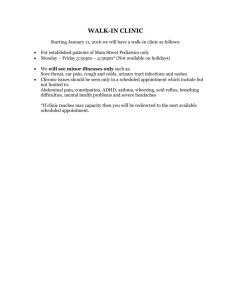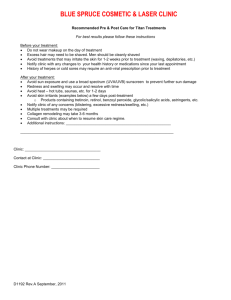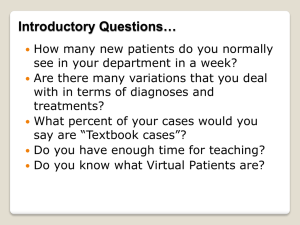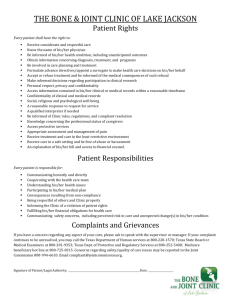Progress Report Jan - Sept 2005
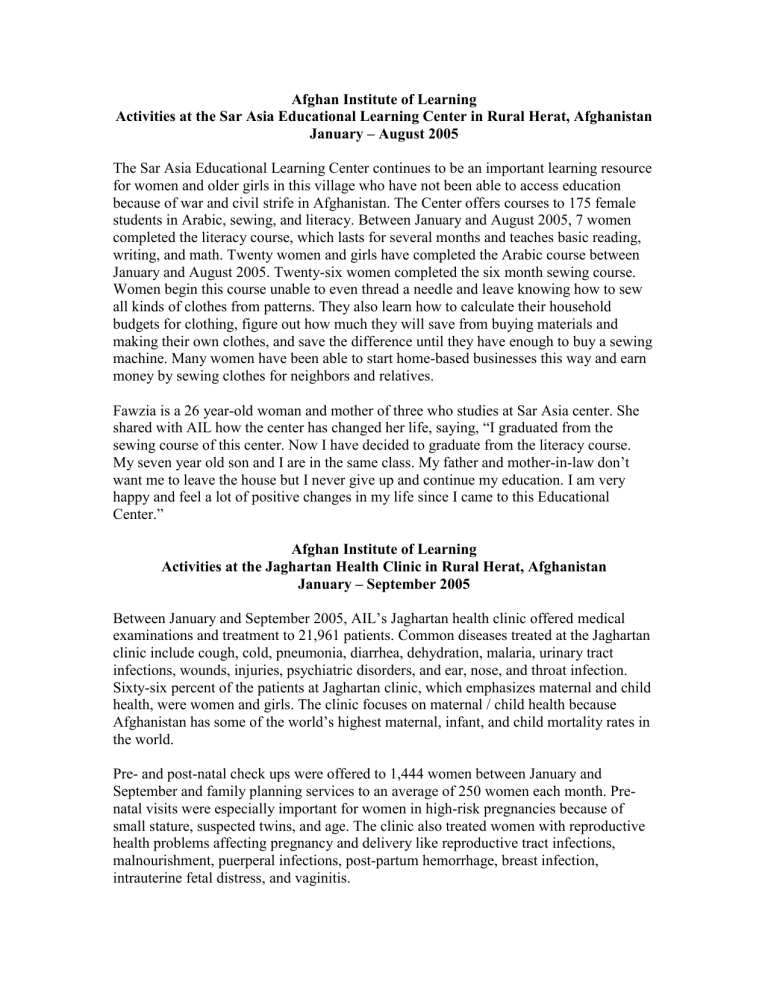
Afghan Institute of Learning
Activities at the Sar Asia Educational Learning Center in Rural Herat, Afghanistan
January – August 2005
The Sar Asia Educational Learning Center continues to be an important learning resource for women and older girls in this village who have not been able to access education because of war and civil strife in Afghanistan. The Center offers courses to 175 female students in Arabic, sewing, and literacy. Between January and August 2005, 7 women completed the literacy course, which lasts for several months and teaches basic reading, writing, and math. Twenty women and girls have completed the Arabic course between
January and August 2005. Twenty-six women completed the six month sewing course.
Women begin this course unable to even thread a needle and leave knowing how to sew all kinds of clothes from patterns. They also learn how to calculate their household budgets for clothing, figure out how much they will save from buying materials and making their own clothes, and save the difference until they have enough to buy a sewing machine. Many women have been able to start home-based businesses this way and earn money by sewing clothes for neighbors and relatives.
Fawzia is a 26 year-old woman and mother of three who studies at Sar Asia center. She shared with AIL how the center has changed her life, saying, “I graduated from the sewing course of this center. Now I have decided to graduate from the literacy course.
My seven year old son and I are in the same class. My father and mother-in-law don’t want me to leave the house but I never give up and continue my education. I am very happy and feel a lot of positive changes in my life since I came to this Educational
Center.”
Afghan Institute of Learning
Activities at the Jaghartan Health Clinic in Rural Herat, Afghanistan
January – September 2005
Between January and September 2005, AIL’s Jaghartan health clinic offered medical examinations and treatment to 21,961 patients. Common diseases treated at the Jaghartan clinic include cough, cold, pneumonia, diarrhea, dehydration, malaria, urinary tract infections, wounds, injuries, psychiatric disorders, and ear, nose, and throat infection.
Sixty-six percent of the patients at Jaghartan clinic, which emphasizes maternal and child health, were women and girls. The clinic focuses on maternal / child health because
Afghanistan has some of the world’s highest maternal, infant, and child mortality rates in the world.
Pre- and post-natal check ups were offered to 1,444 women between January and
September and family planning services to an average of 250 women each month. Prenatal visits were especially important for women in high-risk pregnancies because of small stature, suspected twins, and age. The clinic also treated women with reproductive health problems affecting pregnancy and delivery like reproductive tract infections, malnourishment, puerperal infections, post-partum hemorrhage, breast infection, intrauterine fetal distress, and vaginitis.
The clinic also focuses on prevention through its health education program. January through September 2005, 21,456 women learned health education topics at the Jaghartan clinic. They learned about diarrhea (a leading cause of mortality for Afghan children), respiratory problems, hygiene, environmental sanitation, worms, drinking water, tuberculosis, and the proper use of medicine. They also learned about key health topics related to maternal and child health like breastfeeding, family planning, nutrition, vaccination, and reproductive tract infections.
The clinic emphasizes health education because many people in Afghanistan rely on misinformation with respect to health issues like family planning, pneumonia, and diarrhea with disastrous consequences. For example, some patients do not use water in the latrine because of superstitions. Some patients do not breastfeed a child until she/he is three days old. During the first three days, the mother throws her milk away and says that it is not good for the child’s health. Some patients do not start giving solid food to a child until she/he is five years old. Some mothers stop breastfeeding when their children get diarrhea. AIL’s health education is important because through this program, AIL health educators teaches women and explain the benefits and harms of different types of health practices. Women learn health education lessons about diarrheal diseases, respiratory problems, breastfeeding, family planning, nutrition, environmental sanitation, worms, vaccinations, drinking water, tuberculosis, and the proper use of medicine.
For example, because of traditions and poor knowledge of health, when children get any sickness, parents prevent them from eating food with vitamin B and other nourishing foods that are very necessary for health. Because children are stopped from eating this food, they get another sickness like respiratory problems. In one case which was referred to the Jaghartan clinic, AIL’s clinic staff investigated and found that the child had been prevented from eating food. She was suffering from respiratory problems. She was treated in the clinic and her mother attended a health education class at the clinic. Five days later, the mother came back and told the clinic staff that she had given her child good food as she learned from the health educator. Even she had told all her neighbors about what she learned. So now these superstitious people have changed their minds and their actions with a positive result in the health of the children.


